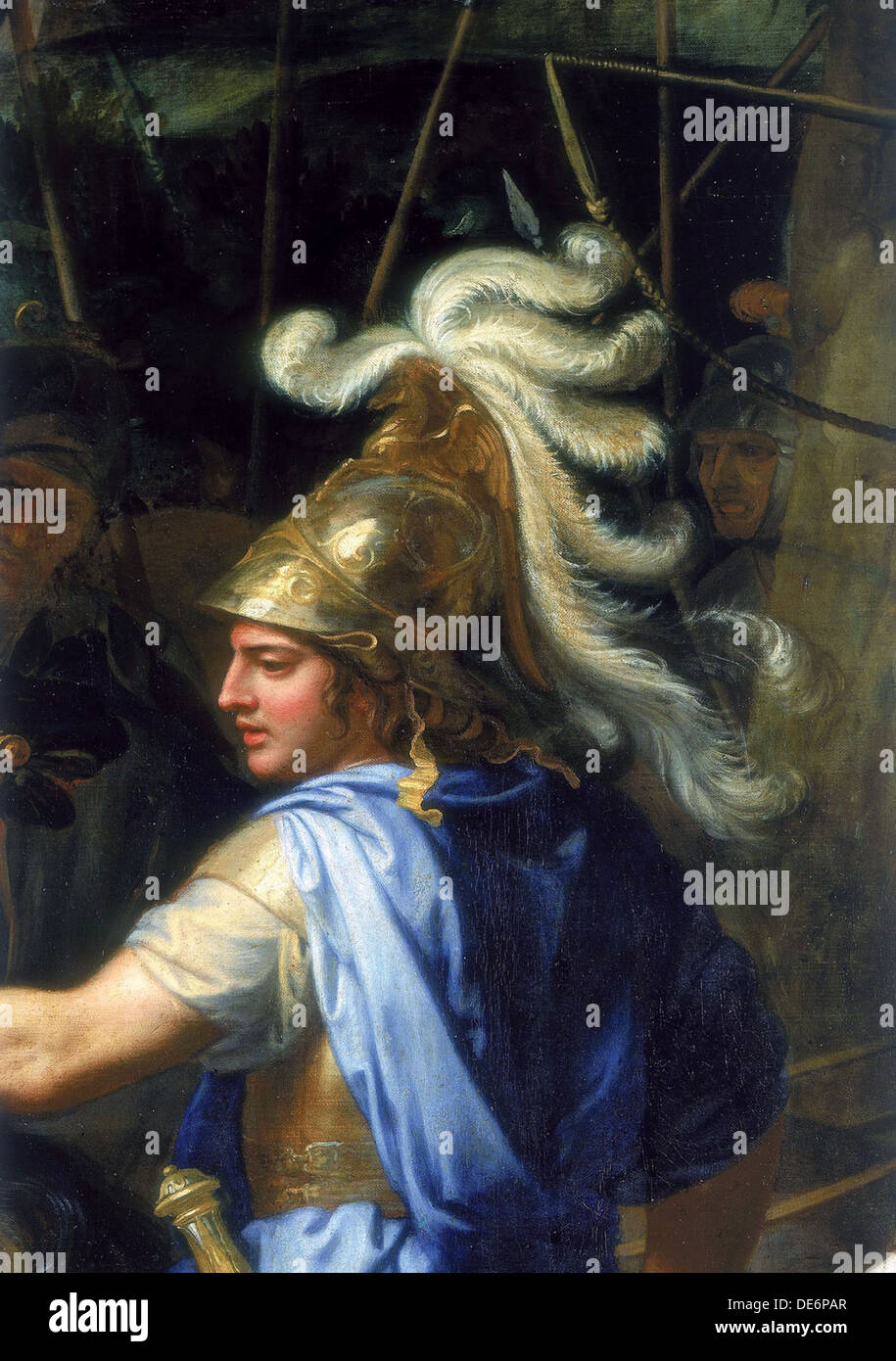

It is May, 326 BC, and Alexander has now been on campaign for eight long years, eight years in which he has led the most extraordinary and successful military campaign the world has ever seen. Victorian depiction of a Macedonian phalanx at the Battle of the Carts

If he cannot determine outright that point of weakness, he will maneuver, forcing his enemy to respond, and then strike immediately and violently where weakness suddenly appears.

From a distance he takes in the enemy’s posting with the careful eye of the world’s leading warrior, gauging, searching for weakness, for imprecision, for that one vulnerable place where me might strike a lethal blow – the blow that has never failed him. He is Alexander of Macedon, the great captain, perhaps the greatest military leader known to history. They are uniformed in glorious colors, variously armed with lances and maces and axes for hacking. His officers’ point toward the enemy’s infantry posted behind the elephants, arrayed in splendor, steel helmets shimmering for as far as the eye can see, like a distant wave cresting the ocean. Alexander Mosaic (detail), House of the Faun, Pompeii


 0 kommentar(er)
0 kommentar(er)
